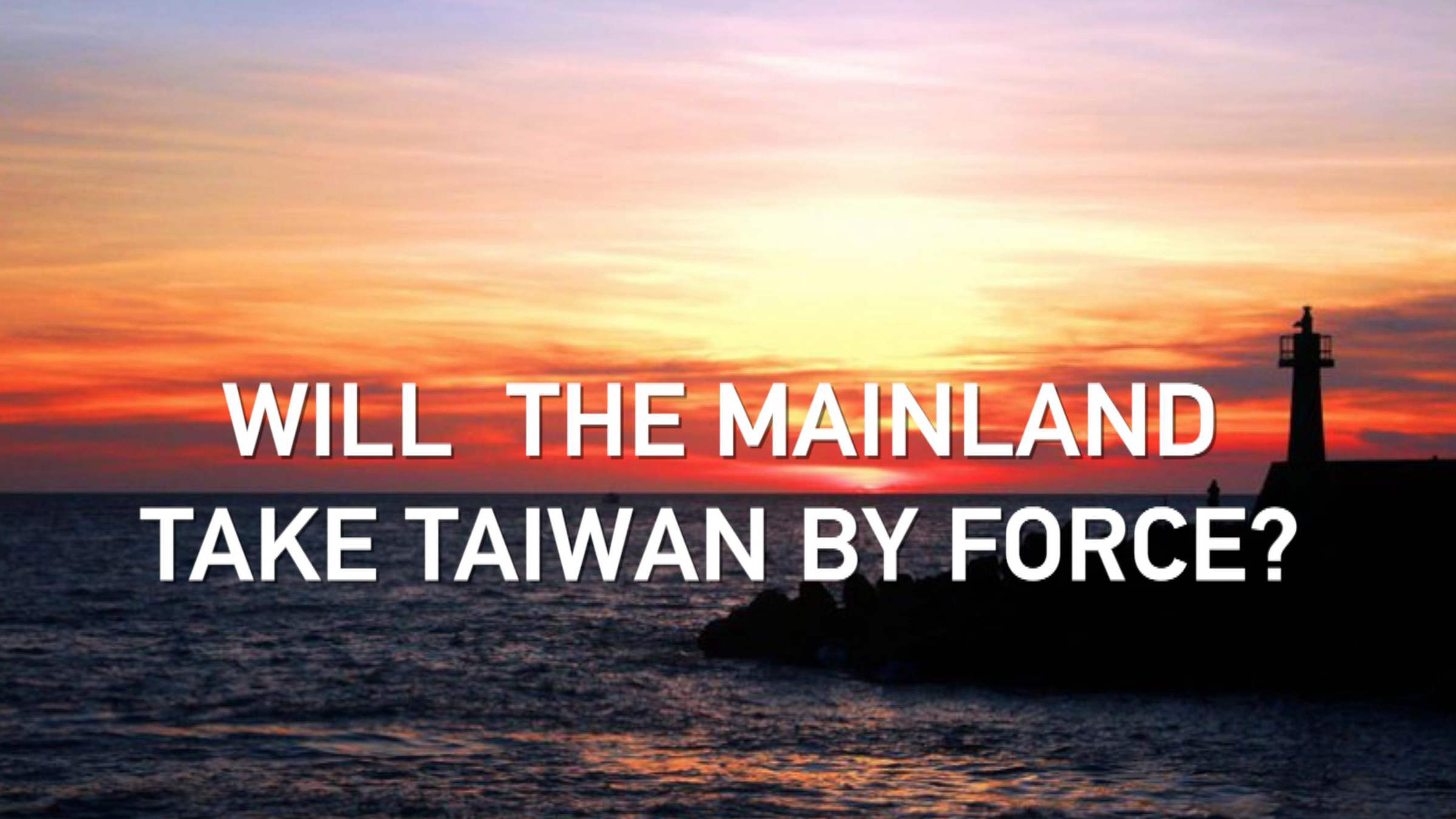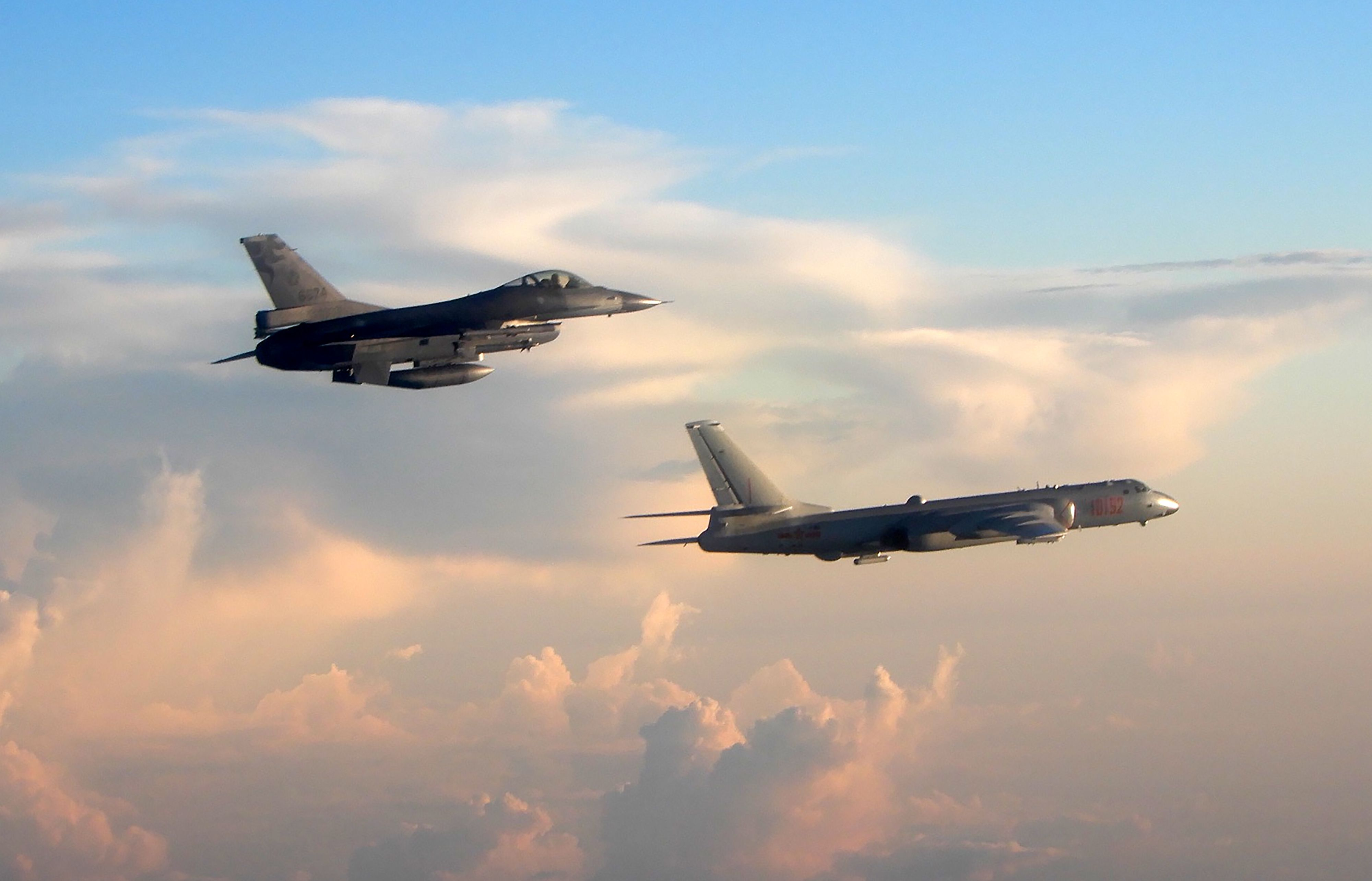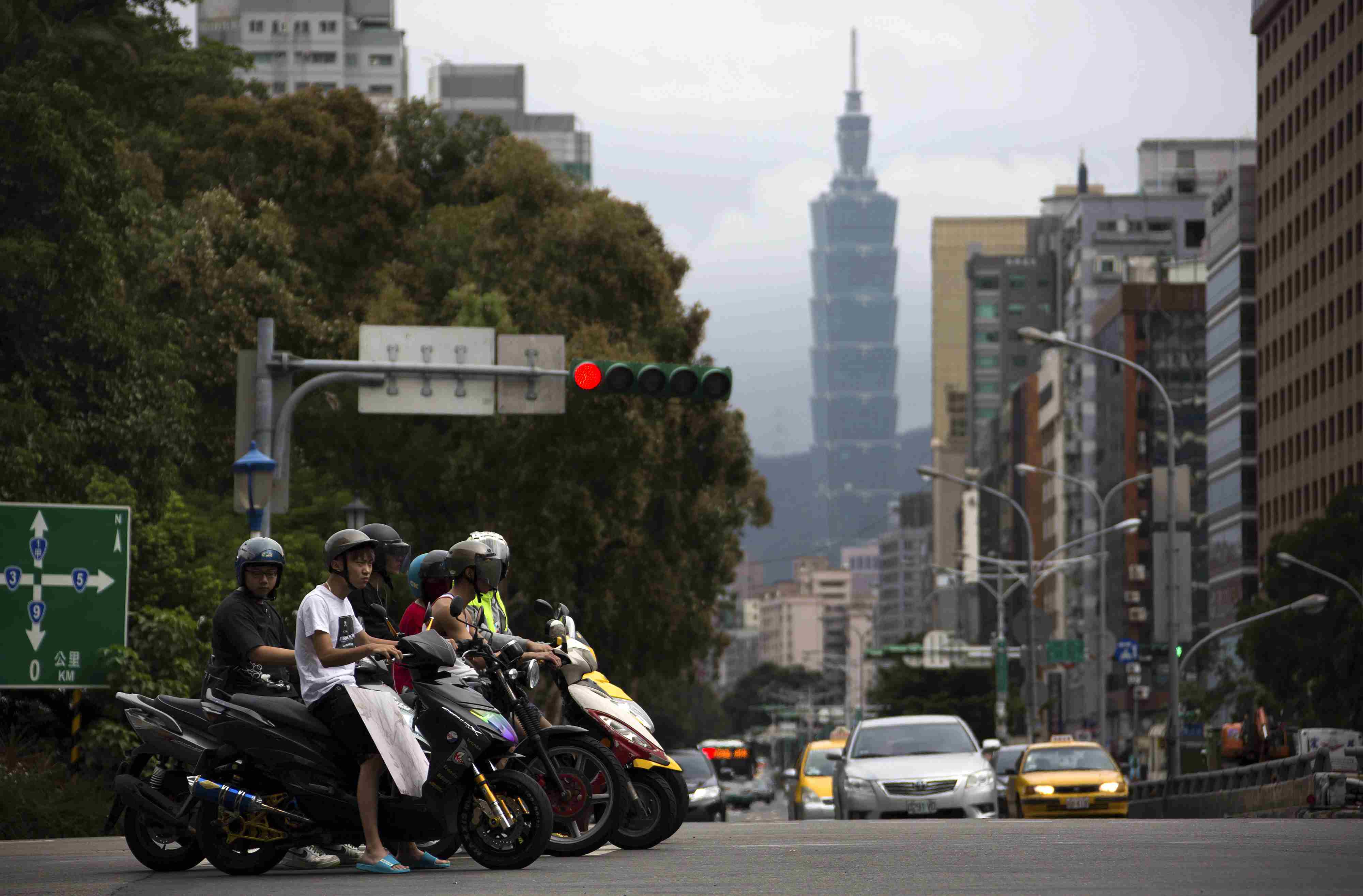
Opinions
11:28, 02-Jan-2019
Opinion: Will the Chinese mainland take Taiwan by force?
Updated
10:44, 05-Jan-2019
CGTN's Han Bin

Editor’s note: Han Bin is one of CGTN's most senior correspondents based in Beijing. His journalistic experience spans more than two decades and touches virtually every major news event in China. He covers almost all aspects of political, economic, social, military and cultural news. The article reflects the author's opinion, and not necessarily the views of CGTN.
President Xi Jinping's keynote speech on Taiwan on Wednsday is widely viewed as a clear guiding principle for the Chinese mainland's key policies towards the island. It's Beijing's roadmap for reunification. In Xi Jinping's words: “The motherland must be unified. This is an inevitable requirement for a great rejuvenation.”
Does Beijing have a timetable?
Whether Beijing has a timetable for resuming control of the island has been a hot issue. If the timeline was rather vague in the past, it has become much clearer than ever before, with proposed steps and measures.
In his speech, Xi Jinping says "the different system is not an obstacle to unity, and it is not an excuse for division." He identified a resolution for two systems under One China principle, while stating the he does "not promise to renounce the use of force." As China enters into what Xi calls for “making China stronger in the new era”, many say national rejuvenation will be compromised if Taiwan remains outside of the big family.

H-6K bomber group on patrol around Taiwan. /CGTN Photo
H-6K bomber group on patrol around Taiwan. /CGTN Photo
Taiwan has been self-ruled since Chiang Kai-shek's Kuomintang troops fled to the island after losing China's civil war to the Communist Party of China, that founded the People's Republic of China (PRC) in 1949. The great majority of nations recognize the PRC is the sole legal government representing the whole of China, and that Taiwan is an inseparable part of it.
Will the mainland take Taiwan by force?
Well, the determination for the Chinese People's Liberation Army (PLA) to achieve reunification has always been strong. In fact, the speech highlights that China reserves the right to take the island back by any means. This has led many to ask about the likelihood of military force being used to take over the island.
Rhetoric by Taipei over Taiwan's independence have grown since Tsai Ing-wen became its leader. She visited troops at a naval base one day after Chinese President Xi Jinping inspected PLA naval warships in the South China Sea. The PLA then conducted live-fire drills, and aircraft circled Taiwan. These warnings are designed to show that Beijing will never tolerate any moves by separatist forces to divide its territory.
One day before President Xi's speech, Tsai used her New Year's Day speech to tell Beijing it “must respect island sovereignty”. As Taiwan independence movements are rising, the Chinese authorities are stepping up countermeasures, but choices are open on how to achieve reunification.

Taipei city. /VCG photo
Taipei city. /VCG photo
Will the U.S. go to war with China?
The U.S.-China relationship has experienced dramatic setbacks over the years. President Donald Trump's administration has labeled China as the U.S.'s “strategic rival.” Washington has pledged strong ties with Taiwan and in some ways it does not recognize Beijing's sovereign rights over the island. It has also sharpened the trade war with Beijing. Many believe these provocative moves have hastened the pace of Beijing's plan.
Beijing strongly opposes the increasing interactions between Taipei and Washington, including the new rules encouraging top-level U.S. officials to visit the island. Taiwan has also got promises from the U.S. to help build its own fighters and submarines.
There're competing and confrontational interests between China and the U.S. over the Taiwan question. And the question of whether the U.S. will get involved in any military confrontation if China resorts to the use of force remains unclear.
(If you want to contribute and have specific expertise, contact us at opinions@cgtn.com)

SITEMAP
Copyright © 2018 CGTN. Beijing ICP prepared NO.16065310-3
Copyright © 2018 CGTN. Beijing ICP prepared NO.16065310-3